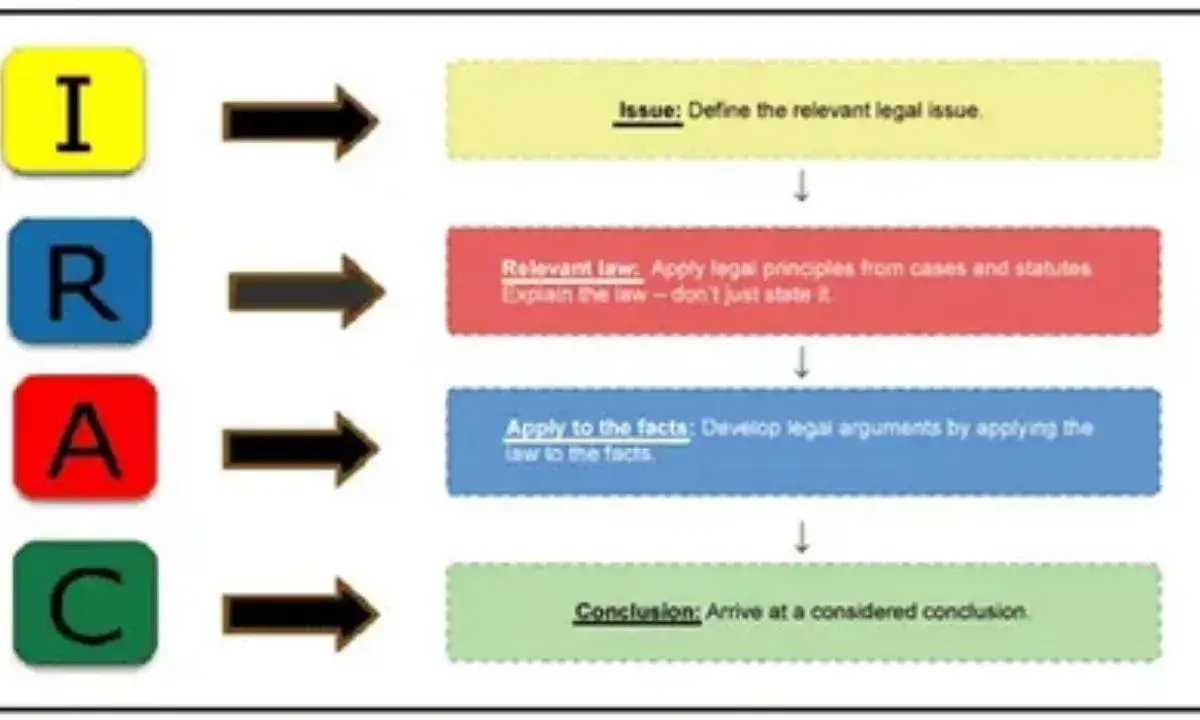Multi-level marketing (MLM) companies often find themselves under the microscope for their business practices, product claims, and regulatory compliance. Among these companies, Isotonix, a health supplement brand under Market America, has faced significant legal and regulatory scrutiny. This blog post offers a comprehensive, detailed exploration of the Isotonix lawsuit, the allegations of pyramid scheme operations, FDA warnings, and Truth in Advertising investigations. We’ll also break down the MLM business model, regulatory risks, and the broader implications for consumers and distributors.
Understanding Isotonix and Its Business Model
What is Isotonix?
Isotonix is a brand specializing in dietary supplements, marketed predominantly through the Market America MLM platform. Their flagship product, Isotonix OPC-3, claims to provide antioxidants and improve nutrient absorption through an isotonic delivery system.
- Product Line: Includes wellness supplements such as vitamins, minerals, antioxidants, and meal replacement shakes like the TLS Nutrition Shake.
- Delivery System: The “Isotonix” name comes from its isotonic formulation, which proponents claim improves bioavailability compared to standard supplements.
The MLM Model Behind Isotonix
Isotonix is sold primarily through a network of independent distributors known as UnFranchise Business Owners (UBOs). These UBOs earn commissions by:
- Selling products directly to customers.
- Recruiting new distributors (downline).
- Building and managing a team to increase sales volume.
Key components of the Isotonix MLM model:
| Component | Description |
|---|---|
| Startup Fees | Initial purchase of a product pack to become a distributor. |
| Recurring Costs | Monthly purchases to maintain eligibility for commissions. |
| Compensation Structure | Commissions from personal sales plus overrides on downline sales. |
| Recruitment Focus | Encouraged to build downline teams for higher earnings. |
| Inventory Loading | Pressure to purchase excess inventory to qualify for bonuses. |
The Core Allegations in the Isotonix Lawsuit
Pyramid Scheme Claims
The most critical legal challenge facing Isotonix and Market America is the allegation of operating a pyramid scheme.
What defines a pyramid scheme?
- Revenue primarily from recruiting new participants rather than selling products to genuine customers.
- Promises of high returns for recruitment rather than product sales.
- Inventory loading to qualify for commissions.
Isotonix distributors have alleged that the company focuses excessively on recruitment over genuine product sales, encouraging distributors to buy large amounts of inventory that they may not be able to sell.
Deceptive Income and Product Claims
Another significant accusation involves deceptive advertising, particularly:
- Inflated claims about distributor income potential.
- Overstated health benefits of supplements without sufficient scientific backing.
- Use of testimonials and marketing materials that mislead consumers.
These claims have drawn investigations from Truth in Advertising (TINA.org) and regulatory bodies.
FDA Warning Letter (February 2020)
The Food and Drug Administration (FDA) issued a warning letter to Market America/Isotonix in early 2020, citing:
- Misbranding of supplements under the Federal Food, Drug, and Cosmetic Act (FD&C Act).
- Claims that Isotonix products could treat or prevent diseases without FDA approval.
- Violations related to labeling and promotional materials.
The FDA’s action highlights the delicate regulatory landscape for dietary supplements, especially those sold via MLM.
Legal and Regulatory Context
The Role of the FTC and FDA in MLMs and Supplements
- The Federal Trade Commission (FTC) monitors MLMs for deceptive business practices, false income claims, and pyramid scheme activity.
- The FDA oversees supplement labeling, health claims, and safety under the FD&C Act.
- Both agencies have increased scrutiny on MLMs selling dietary supplements due to frequent violations.
Class Action Lawsuit (March 2017)
Market America, including Isotonix, faced a class action lawsuit alleging:
- False income representations.
- Misleading marketing.
- Unfair recruitment practices.
Though the case was not a final judgment against Isotonix, it brought attention to the legal vulnerabilities inherent in MLM business models.
Regulatory Precedents: Comparing Isotonix to Herbalife
- Herbalife, another supplement MLM, faced an FTC enforcement action in 2016 resulting in a $200 million settlement and major business restructuring.
- The Isotonix lawsuit and FDA warnings echo similar concerns around false income claims, pyramid scheme allegations, and product misbranding.
Risks and Challenges for Consumers and Distributors
Financial Risks for Distributors
| Risk Type | Description |
|---|---|
| Inventory Loading | Pressure to buy products upfront, risking loss if unsold. |
| Income Misrepresentation | Overstated earnings lure recruits, but most distributors earn little. |
| Recruitment Pressure | Success depends more on recruiting than sales, risking unsustainable growth. |
Fact: Industry data shows that over 99% of MLM participants lose money, and many end up in debt.
Health Risks for Consumers
- Supplements like Isotonix OPC-3 make health claims often not supported by peer-reviewed science.
- Misbranded products risk consumers relying on ineffective or potentially unsafe products.
- FDA warnings are often about unproven disease treatment claims that can mislead vulnerable consumers.
Case Study: The Impact of the FDA Warning Letter on Isotonix
In February 2020, the FDA’s warning letter to Market America had several tangible effects:
- Immediate removal or revision of misleading promotional materials.
- Increased regulatory scrutiny leading to internal compliance program adjustments.
- Distributor confusion and damage to brand reputation.
Quote from FDA letter:
“Marketing claims suggesting that these products can diagnose, treat, cure, or prevent diseases cause the products to be drugs under the FD&C Act and subject to FDA approval.”
Navigating MLM Legal Compliance: What Can Market America Learn?
Best Practices to Avoid Legal Pitfalls:
- Clear, Accurate Marketing: Avoid overstated income or health claims.
- Product Focus: Ensure commissions are mainly from retail sales to genuine customers.
- Inventory Controls: Prevent inventory loading by setting purchase limits.
- Compliance Training: Educate distributors on legal and ethical marketing.
- Transparent Earnings Disclosure: Publish realistic distributor income statements.
Summary Table: Isotonix Lawsuit Key Points
| Aspect | Details |
|---|---|
| Primary Allegations | Pyramid scheme, deceptive income claims, product misbranding |
| Regulatory Actions | FDA warning letter (Feb 2020), FTC monitoring, TINA.org investigations |
| Legal Actions | Class action lawsuit (March 2017), ongoing scrutiny |
| Business Model Risks | Recruitment emphasis, inventory loading, lack of retail focus |
| Consumer Risks | Misleading health claims, financial losses by distributors |
| Compliance Recommendations | Focus on retail sales, accurate advertising, distributor training, inventory limits |
Conclusion: What the Isotonix Lawsuit Teaches About MLM Supplements
The Isotonix lawsuit exemplifies the complex intersection of MLM business models, dietary supplement regulation, and consumer protection. While supplements like Isotonix OPC-3 may offer health benefits, their marketing and distribution through MLMs raise serious legal and ethical questions.
For distributors, the risks of recruitment pressure, inventory loading, and misleading income claims are real. For consumers, unverified health claims can pose health and financial risks.
Regulators like the FDA and FTC continue to crack down on companies blurring the line between legitimate MLMs and illegal pyramid schemes, emphasizing the need for transparency, compliance, and consumer education.
Final Thoughts
- If you’re considering becoming an Isotonix distributor, carefully evaluate the income claims and costs.
- If you’re buying supplements, verify scientific backing and be wary of products promoted with exaggerated health benefits.
- For policymakers and regulators, the Isotonix case highlights the importance of stringent oversight of MLM supplement companies.

Ember Clark is an expert blogger passionate about cartoons, sharing captivating insights, trends, and stories that bring animation to life for fans worldwide.

